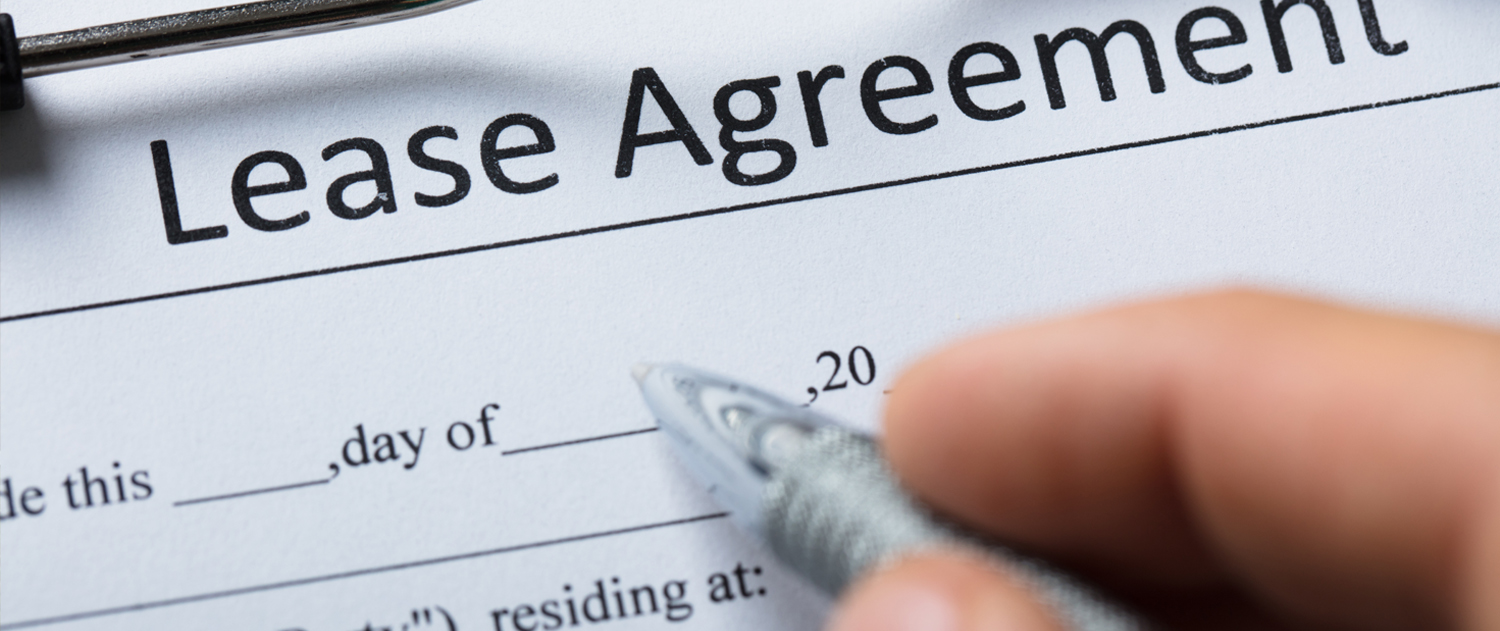Flexible Leases: What Are They and Can They Work for You

Traditionally, leases are long-term, typically 12-24 months. They offer the benefit of set monthly rent that can’t suddenly increase before the end of the lease term. They also include designated responsibilities for the tenant and the landlord. However, these long-term, traditional lease options don’t work for everyone.
Students and traveling businesspeople are excellent examples of tenants looking ofr a flexible lease. Those who have just had a sudden change in their lives and need to move quickly are also an exmplexample where a traditional lease might not be a solution. A flexible lease may be a much better option, and they can offer benefits to landlords as well.
What is a Flexible Lease?
A flexible lease is typically a short-term lease that offers month-to-month leasing or three to six-month lease terms. In addition to shorter lease terms, things such as early termination, the ability to sublet, and different lease renewal options can be added to short- or long-term leases. They offer flexibility and provide adaptability for tenants who have non-traditional needs. Flexible leases can also be referred to as short-term leases.
Benefits of Flexible Leases
Because short-term leases present both a higher risk for the landlord as well as more benefits for tenants on top of being hard to find, they often include higher rent prices. While this can be a con for some tenants, it offers a higher passive income for landlords.
Flexible leases also offer the opportunity to negotiate lease terms more frequently. This includes increasing rent prices in line with the rapidly changing market. Owners can also adjust quickly and/or make changes like listing the property for sale. They also allow the option to inhabit the property themselves if needed.
Flexible leases can provide for a quicker and simpler move-in process due to the relative simplicity of the lease contracts compared to traditional leases. This reduces the amount of time and effort required to get new tenants moved in and can shorten the amount of time a property is vacant.
Disadvantages of Flexible Leases
While there are benefits to flexible leases, they also have their disadvantages. For example, while flexible leases allow landlords to terminate sooner, they provide the same option to tenants.
This can leave a landlord scrambling to find a new tenant to fill the vacancy before missing out on too much income. The higher rent can also be a deterrent to some tenants. The possibility of rent going up every few months might also lead to unexpected terminations.
Can a Flexible Lease Work for You?
The short answer is yes, a flexible lease can work for you. While they do entail more risk, the higher rent prices and flexibility can outweigh them. Flexible leases are ideal for areas where there is high seasonal traffic, such as college towns and popular vacation areas, or a lot of new construction drawing in new residents who may need to wait for their homes to be built. They can also be beneficial in areas with several large businesses that have executives and consultants coming and going frequently.
Contact Us
If a flexible leases sound like it might be a fit for you, Sea Scape Properties, located in Wrightsville Beach, NC, can help you decide on lease options for your property. Visit us at www.WilmingtonRentalHomes.com to learn more about who we are and how we may be able to help you and your long-term rental. You can also email Property Manager Maria Tetterton directly here or give her a call at (910) 807-0200.
